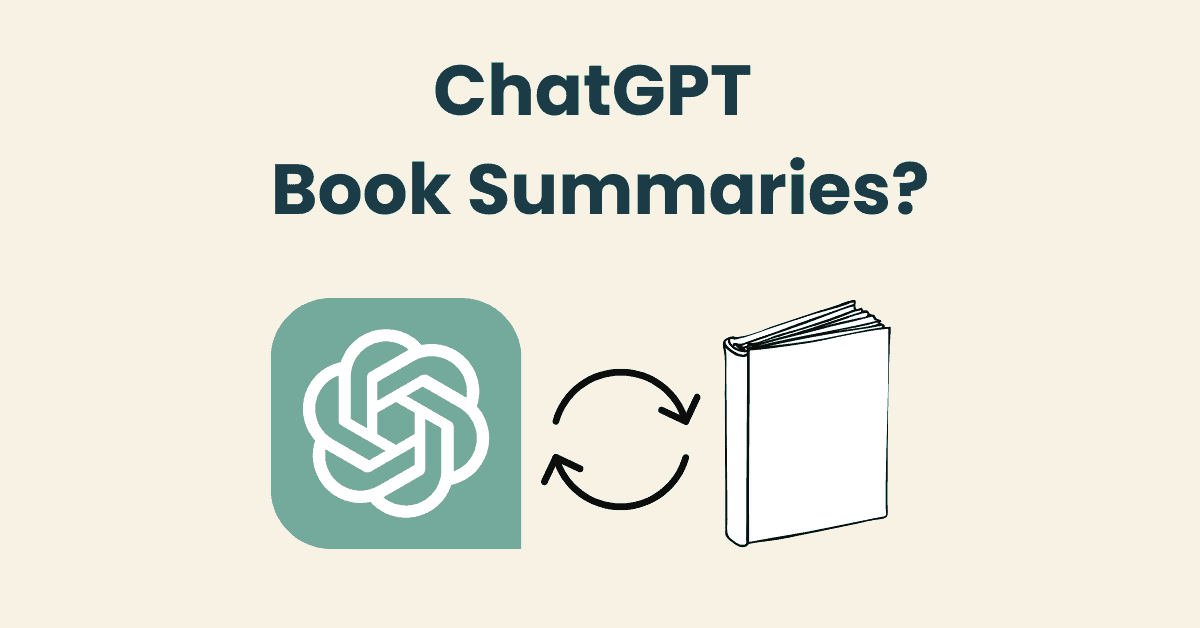Author:: [[Tiago Forte]]
DateFinished::
URL:: https://fortelabs.com/blog/how-to-summarize-books-using-chatgpt/
Rating::
Tags:: #ai
# How to Summarize Books Using ChatGPT: 7 Experiments in AI Distillation

Four conclusions from this experiment:
1. Providing ChatGPT with well-organized excerpts greatly improves its ability to provide summaries.
2. The challenge is condensing the excerpts to fit within the context window, but upcoming improvements will allow for larger text input.
3. ChatGPT cannot generate "surprising" or "counterintuitive" explanations due to its training limitations, resulting in the use of those words without delivering the intended effect.
4. ChatGPT tends to lean towards clichés, so it requires creative approaches to deviate from common paths.
Additionally, reading books remains valuable despite AI advancements, as they offer unique details, subtle distinctions, and meaningful experiences that current language models cannot replicate. In a world of limitless summarization, having unique data to summarize gives an advantage.
## Highlights
Four conclusions from this experiment ([View Highlight](https://read.readwise.io/read/01h28m51hkaancp6v9xqtzgza3))
First, I concluded that supplying ChatGPT with the best excerpts from one’s reading greatly improves the summary it can provide, especially when those excerpts are organized into an outline that provides a particular point of view. ([View Highlight](https://read.readwise.io/read/01h28m4w5b6cd1d6fwfrved1c9))
The main challenge is distilling the excerpts enough to fit within the context window (though upcoming improvements to ChatGPT include a vastly larger window that will fit more than 15 times as much text). ([View Highlight](https://read.readwise.io/read/01h28m4hjjpsvajt47cxan697f))
Second, you can’t instruct ChatGPT to come up with “surprising” or “counterintuitive” ways of explaining things, because those qualities depend on sensitivity to a cultural zeitgeist made up of millions of people’s joint expectations, plus access to a wealth of details to put a fine point on its assertions. Instead of *being* surprising, it will merely use words like “surprising” and “counterintuitive” in its otherwise boring description. ([View Highlight](https://read.readwise.io/read/01h28m4a1ekmqvzcxwqkhbpjxp))
Third, ChatGPT is always tending toward cliché, which by definition is the “aggregate average” of the greatest number of writers on which it was trained. You have to constantly come up with inventive ways of getting it off that well-worn path. ([View Highlight](https://read.readwise.io/read/01h28m471rz4751mnxkdbbt9jn))
Fourth, I conclude that reading books is still worthwhile, even in an age of Artificial Intelligence. Besides the personal enrichment from the experience of reading, there are key details, subtle distinctions, and gestalts of meaning that come from reading and notetaking that can’t (yet) be reproduced by even the latest language models. ([View Highlight](https://read.readwise.io/read/01h28m44adtd08h1swptey6x7n))
In a world of infinite, instantaneous summarization, the one with the most unique data to summarize wins. ([View Highlight](https://read.readwise.io/read/01h28m3xeqvxnmndck6sxrtpsh))